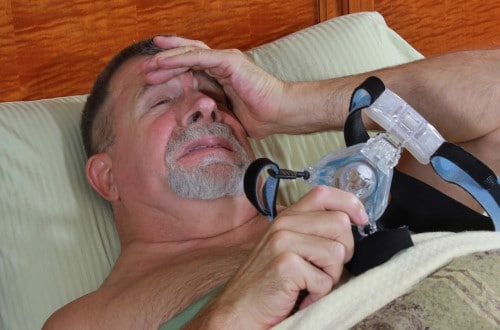
8 Natural Remedies for CPAP Anxiety Worth a Try
By Jason Wooden, PhD | April 26, 2025
In this article, we talk about:
You’re not the only one struggling with CPAP anxiety
Lately, life has been tough between miserable nights and agonizing days stumbling around as a sleep-deprived zombie.
Fortunately, things are looking WAY up now that you’ve been officially diagnosed with sleep apnea and you finally got your hands on a brand spanking new CPAP setup.
You’ve got everything setup just the way the tech showed you.
You put the mask on, press the button…
And you just can’t get to sleep.
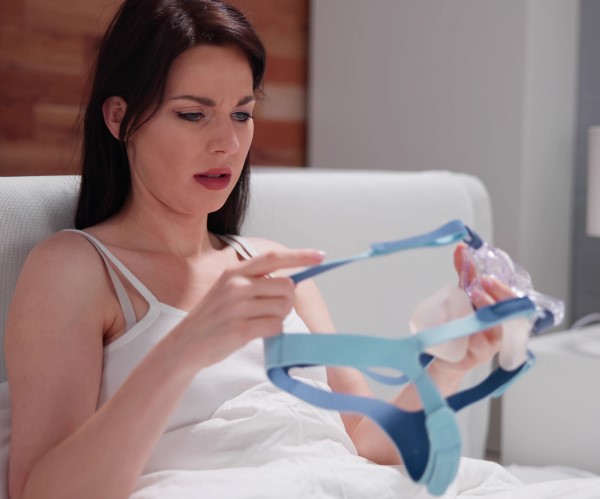
Maybe it’s a suffocating feeling or anxiety attacks when you hook up to the machine…
If this sounds familiar, you’re not alone. Studies suggest that as many as half of patients who start CPAP give up in the first year.
Search online and you’ll find frustrated individuals struggling with CPAP anxiety looking for answers in various forums.
Some complain about the blowing air, system leaks, dry nose, red eye, nasal congestion, or the noise from the machine. Others just find the CPAP mask too uncomfortable and claustrophobic.
CPAP (continuous positive pressure) uses an air pump and face mask to apply mild air pressure which is what helps keep the airway open during sleep. It’s one of the most effective treatments for sleep apnea and can be a real-life changer.
But CPAP is not effective if it triggers anxiety…
Anxiety is a common emotion characterized by worried thoughts, fear, dread, or uneasiness. It can cause also physical symptoms such as sweating, tension, rapid heartbeat, and increased blood pressure.
Again, you’re not the only one if you’ve experienced any of these symptoms when you try to use your CPAP.
And CPAP is not gonna help if it makes you too uncomfortable and anxious when you use it.
Luckily, I’ve never struggled with CPAP anxiety or panic attacks but I know people who have.
I’ve even met individuals who’re anxious about wearing a mask before receiving a CPAP machine.
Anxiety can affect you both emotionally and physically:
- Uneasy feeling, panic, or danger
- Trouble sleeping
- Can’t stay calm and still
- Cold, sweaty, or tingling hands and feet
- Trouble breathing (shortness of breath, breathing faster than normal)
- Increased heart rate
- Dry mouth
- Dizziness or feeling weak
- Can’t stop thinking about a problem
- Unable to concentrate
- Strong fear of objects or places
Source: UC Davis Health
All the same, living with untreated sleep apnea is not an option. It can increase your risk for other life-threatening health issues including high blood pressure, heart disease, stroke, and diabetes.
Given these high stakes, what can you do at night for CPAP anxiety?
While they’re prescription drugs you can take, it’s no surprise if you’re looking for natural remedies given the downsides of anxiety meds.
The possible side effects include nausea, difficulty focusing, headaches, weight changes, and sexual dysfunction.
Let’s take a look at some natural alternatives that may help you feel less anxious when you use your CPAP.
Natural remedies for CPAP anxiety worth a try
The good news is that there are plenty of natural remedies worth a try if you struggle with CPAP anxiety.
Don’t forget to check your sleep hygiene, the everyday habits that we know can make sleep easier. Sleep is already hard enough if you have sleep apnea, so why it even harder?
Some rules to follow:
- keep consistent wake up and bedtimes
- avoid naps
- exercise
- avoid large meals, alcohol, or stimulants such as caffeine before bedtime
- maintain a regular bedtime routine
- avoid using TVs, laptops, or other electronics before bed
- avoid social media and anything else that can get you wired up before bed
- keep your bedroom dark, cool, quiet, & relaxing
Also, be sure in the evening to avoid consuming foods that can trigger anxiety (alcohol, caffeine, added sugar, and refined carbs).
Depending on your situation, there are a variety of natural remedies that can make CPAP easier:
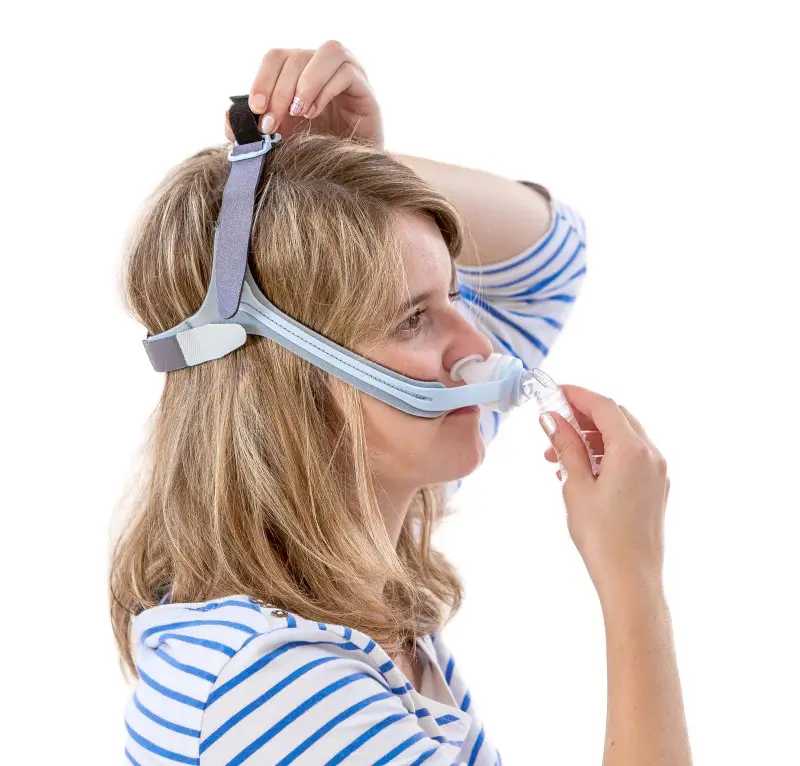
#1
Take it Slow
Practice wearing your CPAP mask for short periods during the day to get use to the feeling and gradually increase how long you keep it on. You may even want to practice during naps too.
At night, gradually increase the time you wear it and give yourself nights off as needed.
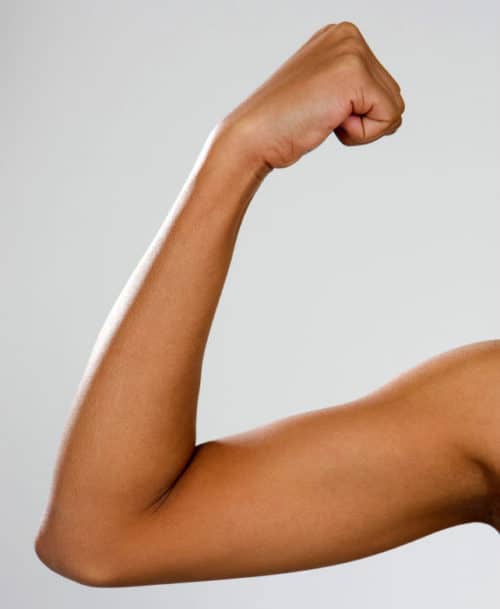
#2
Relaxation Exercises
Relaxation exercises can calm a racing mind and help relax the body. They fight stress and anxiety in various ways including slowing heart rate, breathing, reducing muscle tension, and lowering stress hormones.
Some relaxation exercises:
Breathing
Visualization (Guided Imagery)
Progressive muscle relaxation
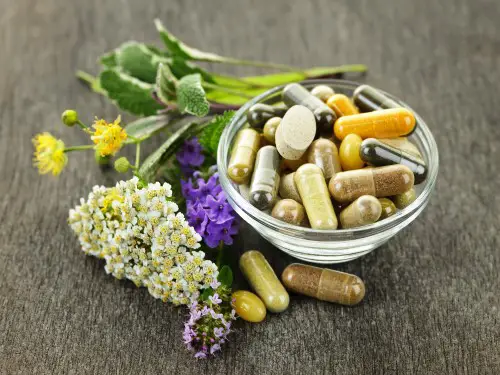
#3
Natural Remedies
There’s growing evidence that natural actives can be helpful for anxiety. The list includes herbs such as ashwagandha, valerian, and lemon balm.
Before trying out a natural active, it’s good idea to check with your doctor first. Also, a herbalist or naturopathic physician can advise you on dosing and reputable brands.
Learn more:
9 herbs for anxiety (MedicalNewsToday)
13 Over-the-Counter Natural Remedies for Anxiety (GoodRx)
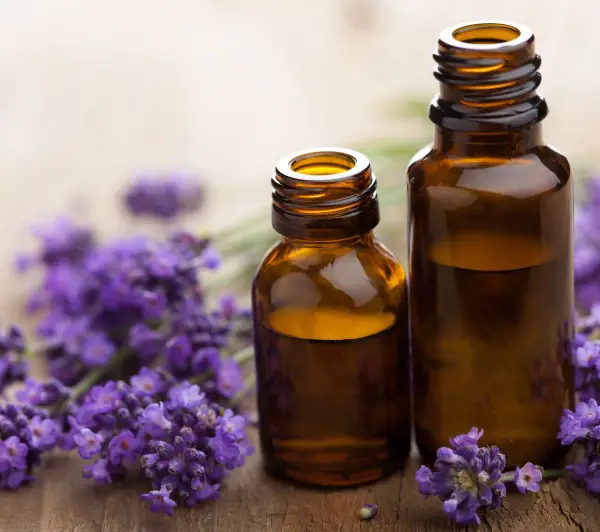
#4
Aromatherapy
Did you know scents can have powerful effects on the body?
Lavender essential oils has been shown to be helpful for both stress and anxiety. Studies also confirm that aroma inhalation can help promote sleep.
Learn more:
Aromatherapy: Do Essential Oils Really Work? (Johns Hopkins Medicine)
The 15 Best Essential Oils for Anxiety
How to Use Essential Oils with CPAP Therapy
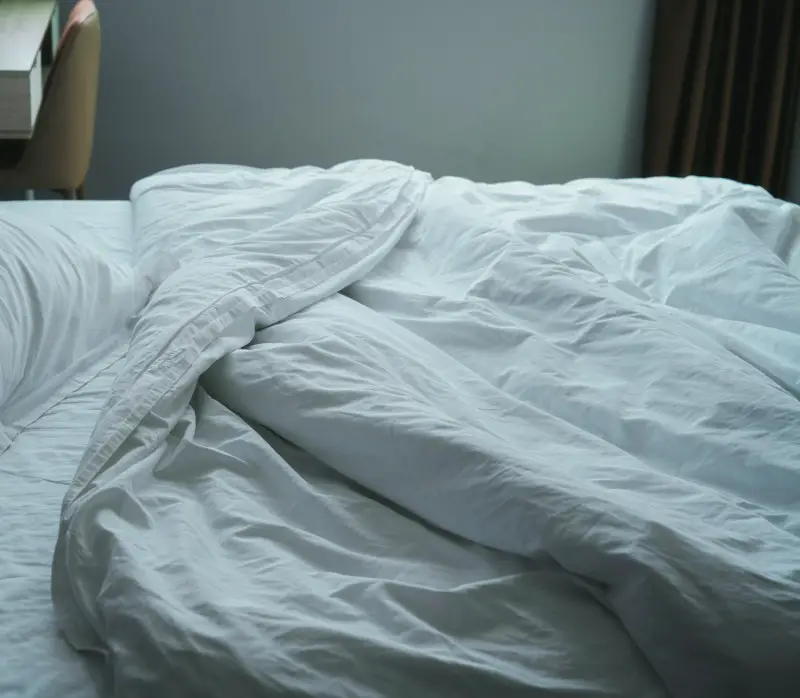
#5
Weighted Blankets
Designed to provide deep pressure stimulation and calm the nervous system, growing evidence shows a weighted blanket can help with anxiety.
Learn more:
4 Ways Weighted Blankets Can Actually Help You (PennMedicine)
Best Weighted Blankets for Anxiety (Healthline)

#6
Exercise
Studies show aerobic exercise can help with anxiety. Additionally, studies also show that moderate exercise like a brisk walk can improve sleep quality if completed at least 1 – 2 hours before bed.

#7
Music Therapy
We already knew that music could help individuals fall asleep faster and sleep better. Studies show that music can lower stress hormones and boost
Recent studies are now showing more directly that the right music can reduce anxiety. Try listening to soothing music such as slow rhythm songs (60 to 80 beats per minute).
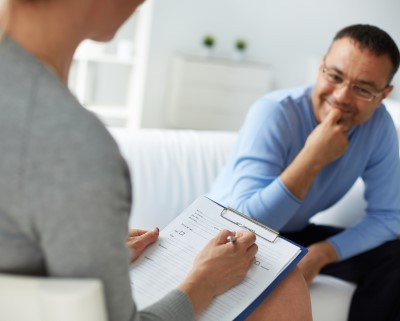
#8
Counseling
While not strictly a home remedy, counseling is a drug free and natural option that can help with CPAP anxiety.
Cognitive behavioral therapy, a specialized type of counseling, has become the leading treatment for anxiety. It can help you change how you react to the things that cause you to feel anxious.
What else you can try
Okay, if you strike out with the natural remedies for CPAP anxiety listed above, there’s still hope. They’re other drug-free things you can try.
Try making adjustments to your CPAP therapy
Your options include adjusting your pressure settings, different sleep masks, and different types of machines like BiPap designed to be more comfortable when providing air pressure.
Learn more:
15 Adjustments worth a try
What is the Best CPAP Mask for Claustrophobia and Anxiety? (Sleep Solutions)
Try a different sleep apnea treatment
These days CPAP isn’t the only game in town. There are now more alternatives than ever before.
The latest sleep apnea treatments include more comfortable air pressure systems, body positioners, innovative oral appliances, pacemaker-like devices, and a new daytime treatment that’s used for just 20 minutes.
Connect with us:
About Us
Better Sleep Simplified® was founded as a place for you to get clear and well-researched information.
Our goal is to make sure you know about your options so that you take action sooner rather than later.
Check us out on YouTube:
Watch and Learn
Helpful sleep tips, interesting sleep facts and statistics you want to know about
Affiliate Disclosure
This site is a participant in the Amazon Services LLC Associates Program and other affiliate advertising programs designed to provide a means for sites to earn advertising fees by advertising and linking to them.
Important: BetterSleepSimplified.com is for informational purposes only and is not intended or implied to be a substitute for professional medical advice, diagnosis, or treatment. Always consult a physician for sleep and health concerns. See additional information.
